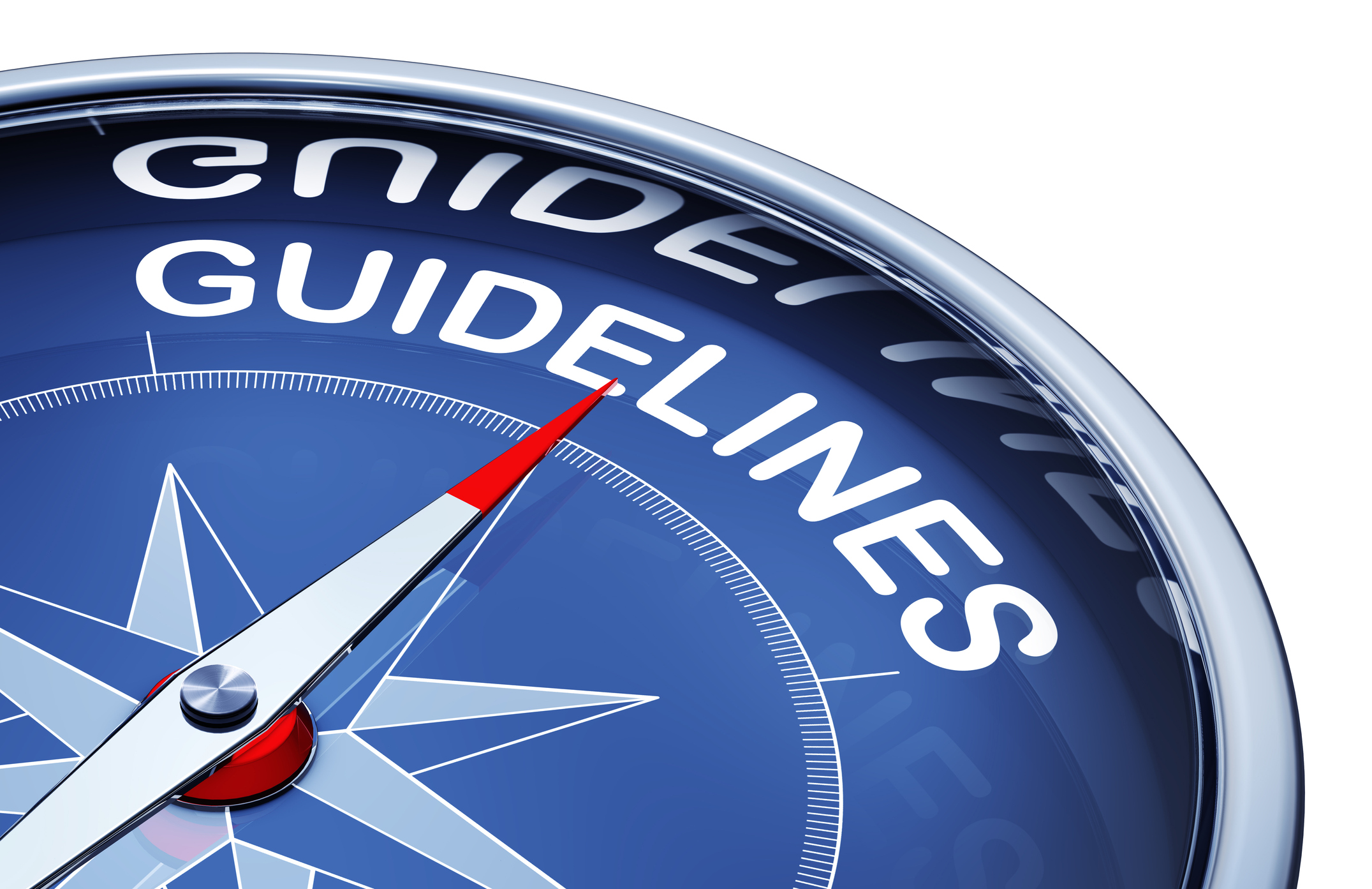FINRA’s National Adjudicatory Council Revises Sanction Guidelines

Revisions to the sanction guidelines create new fine ranges specific to firm sizes and individuals.
The Financial Industry Regulatory Authority announced that the National Adjudicatory Council has updated the organization’s sanction guidelines to, among other things, increase the lower and upper limit of fine ranges for mid- and large-size firms.
Previously, the upper range fine recommendation was capped at $310,000. Under the revised guidelines, there is no monetary limitation fine recommendation for mid- and large-size firms for a host of the most serious violations, including:
- Sales of unregistered securities (high volume of or recurring transactions in penny stocks);
- Failure to respond or failure to respond truthfully to requests made pursuant to FINRA Rule 8210;
- Best execution;
- Marking the open or marking the close;
- Churning, excessive trading, or switching;
- Fraud, misrepresentations or material omissions of fact;
- Pricing—excessive markups/markdowns and excessive commissions;
- Research analysts and research reports; and
- Supervision—systemic supervisory failures.
“The improvements to the Sanction Guidelines address the more common violations committed by firms and individuals over the past years and underscore the seriousness of some violations,” said Alan Lawhead, associate general counsel to the National Adjudicatory Council. “The NAC carefully considered the changes and agree that the recommendations should be tailored for individuals and different sizes of firms.”
The revisions tailor sanctions to differentiate between types of individuals and firms by size and modify the sanction guidelines primarily in the following ways: split each current guideline into separate guidelines for individuals and firms; create separate fine ranges for small and mid-size or large-size firms; and remove the upper limit of the fine ranges for mid-size and large-size firms for select guidelines.
The guidelines provide a separate range of fines for small, mid-size or large firms. “Small firm” refers to any FINRA member firm with up to 150 registered persons, “mid-size firm” includes firms with up to 499 registered persons, while “large firms” include any member firm with 500 or more registered people.
For small firms, the September 2022 Sanction Guidelines increase the minimum low end of the fine ranges to $5,000 for all guidelines. Other than raising the low end of the fine ranges, the September 2022 Sanction Guidelines did not increase the fine ranges applicable to small firms from the fine ranges in the prior version of the sanction guidelines with four exceptions. These exceptions include fraud, misrepresentations, or omissions of material fact, intentional or reckless misconduct; churning, excessive trading, or switching; and failure to respond or failure to respond truthfully to requests made pursuant to FINRA Rule 8210; and selling away (private securities transactions) which are based on the importance of establishing serious sanctions for these violations.
“The changes to the Sanction Guidelines align the sanctions to where FINRA’s Enforcement program has evolved. The Sanction Guidelines also bolster FINRA’s mission of protecting investors by reflecting how grave violations of FINRA’s rule will result in serious sanctions,” said Jessica Hopper, executive vice president and head of FINRA’s Department of Enforcement.
The NAC is FINRA’s appellate tribunal for disciplinary cases and is composed of 15 industry and non-industry members who are primarily responsible for considering policies regarding disciplinary sanctions and has periodically revised the sanction guidelines since 1993. The Guidelines are intended to assist FINRA’s adjudicators—hearing panels and the NAC—in imposing a range of sanctions that are consistent and fair in disciplinary proceedings. The Guidelines provide firms and individuals with some of the typical securities rule violations and the ranges of disciplinary sanctions that may result from those violations. They also serve as a framework for settlement negotiations between FINRA’s Department of Enforcement and member firms or individuals.
The revised sanction guidelines became effective on Sept. 29, 2022.